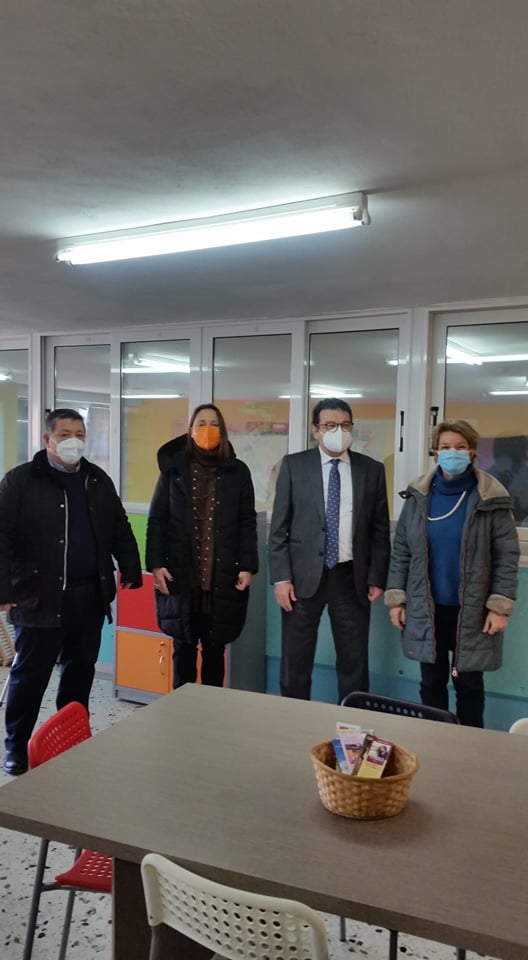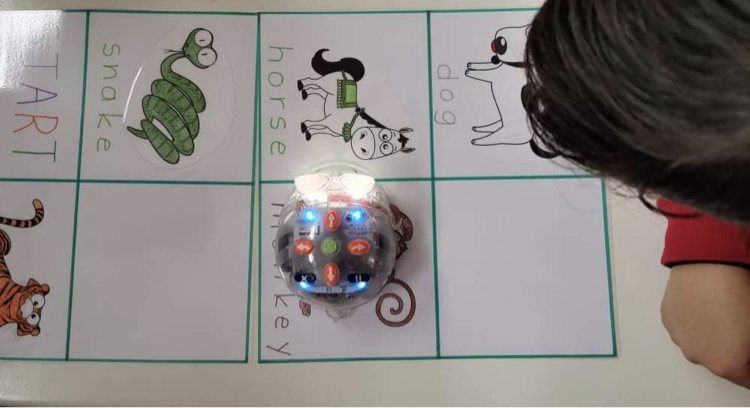The pilot implementation of the RoboGirls project in Primary and Lower Secondary Schools of Attica was completed with success.
The participating schools were: the 26th Primary School of Acharnes, the 29th Primary School of Acharnes, Rallio Experimental Primary School of Piraeus, Model Lower Secondary School of Agioi Anargyroi and the 1st Lower Secondary School of Rafina. Teachers and students embraced the programme and applied the STEAM material with zest and enthusiasm, as innovative and different from the daily school routine.
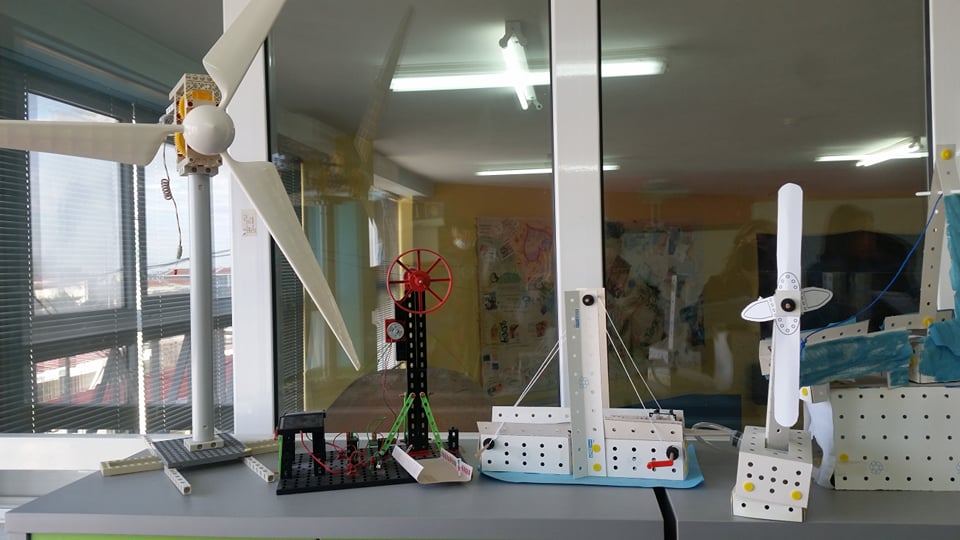
Students worked collaboratively and shared roles, highlighting their personal inclinations and interests. They adopted the processes of experimentation, design, trial and error and redesign. The girls came forward with inspiration and creativity. Some of the STEAM activities implemented in primary education were: 'Introduction to artificial intelligence', 'Robot train' thematic school day, ‘Online programming with Scratch’, 'The Eiffel Tower – a STEM challenge', 'Making cardboard bridges', 'A Cardboard Mechanical Hand', 'The Vocabulary of Programming and Robotics', 'Decoding and Encoding a Message', 'Career Simulator', 'A Motor Design Robot', 'The Moving Bee'. Respectively, in secondary education, activities such as ‘Introduction to Artificial Intelligence’, ‘Artificial Intelligence Applications’ ‘Career Day’, ‘RoboGamers: Exploring Scratch Commands’, Jingleduino, ‘Making a Pi!’, ‘Career Simulator’ were implemented.
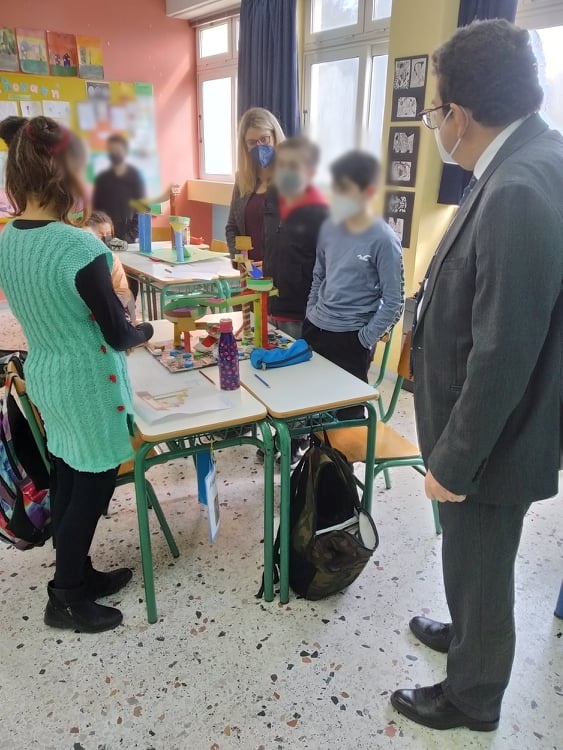
Educators, operating as facilitators, worked with students in a gender-neutral environment, supporting their efforts with modern pedagogical approaches, such as challenge-based learning, exploration, design thinking, collaboration. Various specialties were involved, such as Primary School Teachers, Maths, English, Science, Technology, Electrical Engineering and Computer Science Teachers.
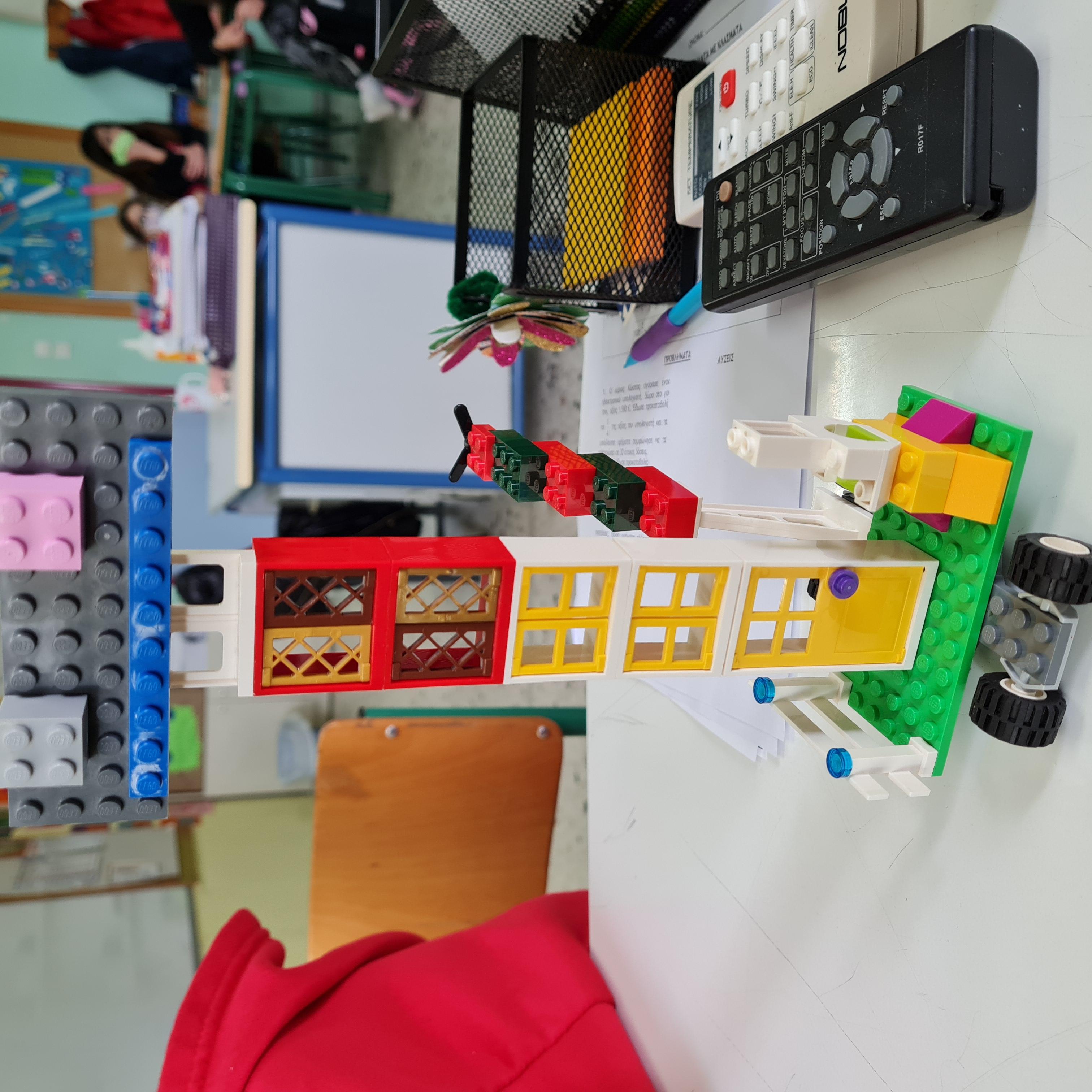
Headteachers of the pilot schools embraced the innovative practices and supported the efforts of educators and students. They provided the space, time and necessary equipment. They participated in all the necessary coordination meetings and facilitated the process step by step.
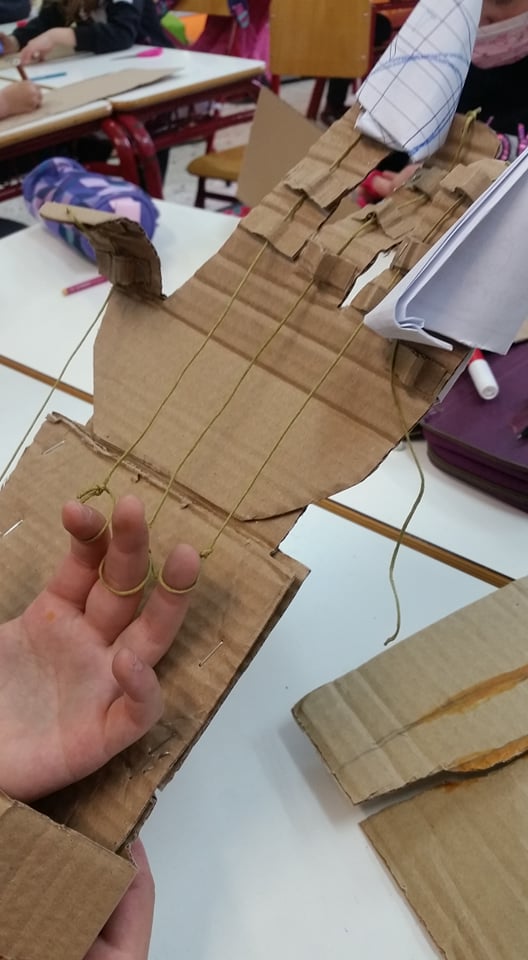
The project team led by the Director of the R.D.P.S.E. of Attica and project manager, Dr. Georgios Kosyvas, visited pilot schools, where students presented their creations with pride. A number of these was captured in photographs.
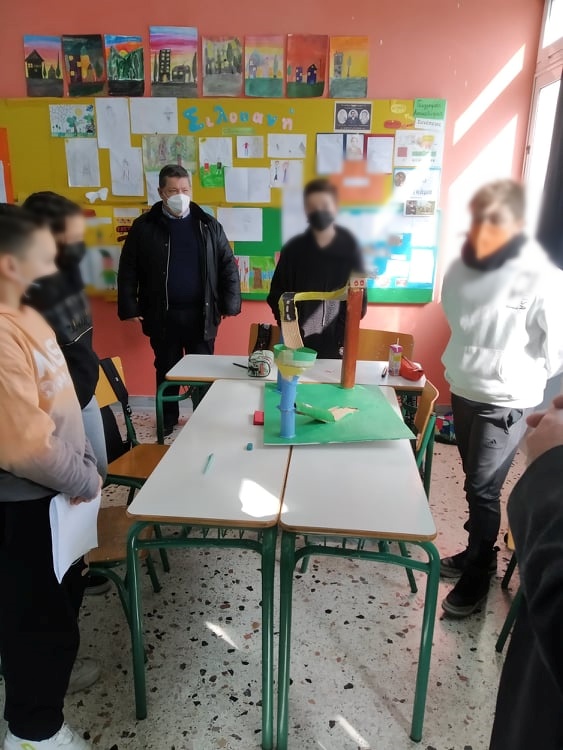
As a result, we could say that the pilot implementation of the RoboGirls project was a success. It has cultivated the ground for innovative actions in the field of education in our country and it has offered educational tools that can be used in other schools of Attica and Greece in general.
